A voice like velvet at midnight — why Julie London still captivates us
Every once in a while, an artist comes along with a sound so distinct, so intimate, that it feels like they’re singing directly into your soul. That was Julie London. Her voice didn’t soar or belt. Instead, it floated—soft, smoky, effortless—like a secret you weren’t sure you were supposed to hear. From “Cry Me a River” to her unforgettable role as Nurse Dixie McCall on Emergency!, she carved out a career built on mood, mystery, and emotional truth.
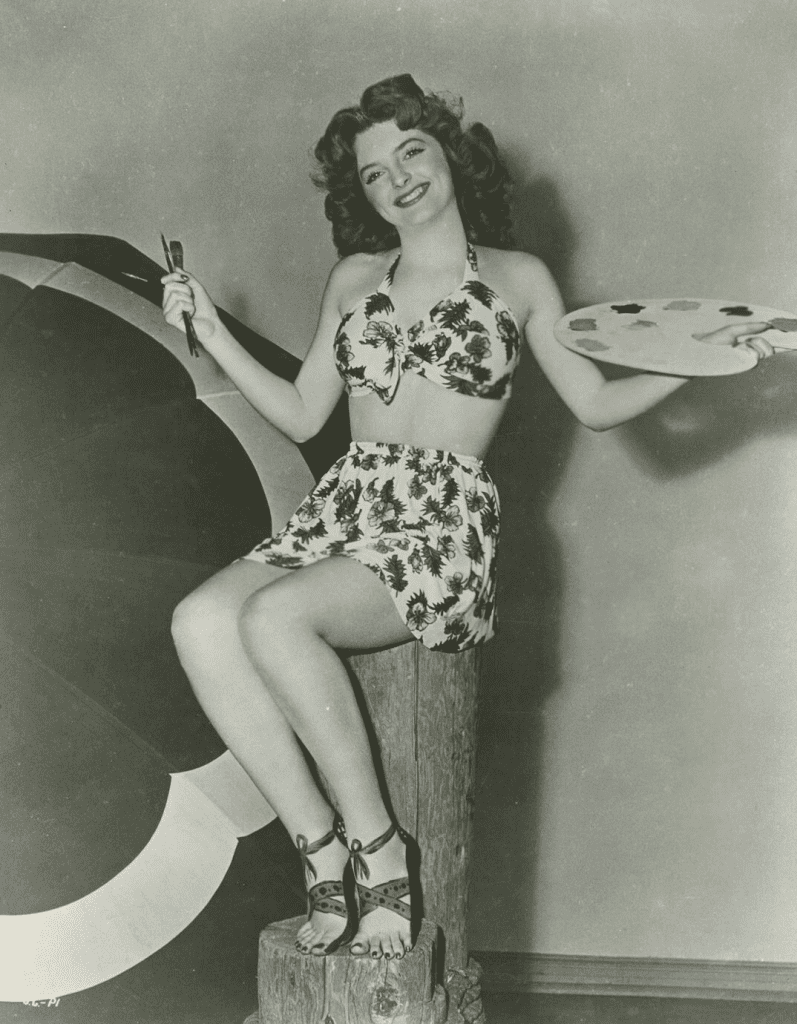
Even decades after her passing, Julie London continues to inspire singers, actors, and anyone who’s ever been moved by a single whispered lyric. So, who really was the woman behind that legendary hush? Let’s step into the story.
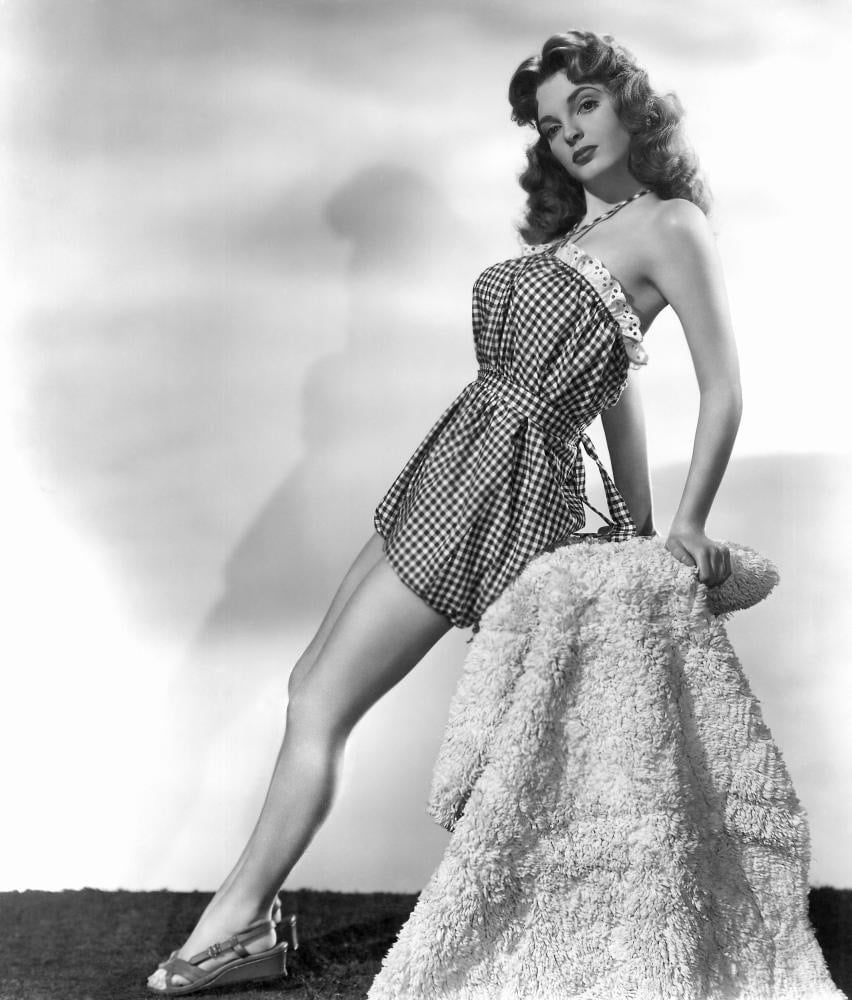
California beginnings: a childhood shaped by show business spark
Julie London was born Julie Peck on September 26, 1926, in Santa Rosa, California. With parents who performed vaudeville acts across the West Coast, she grew up surrounded by costumes, applause, and backstage energy. While other kids played tag, Julie absorbed harmonies, rhythms, and the emotional heartbeat of performance. The stage wasn’t a dream for her—it was home.
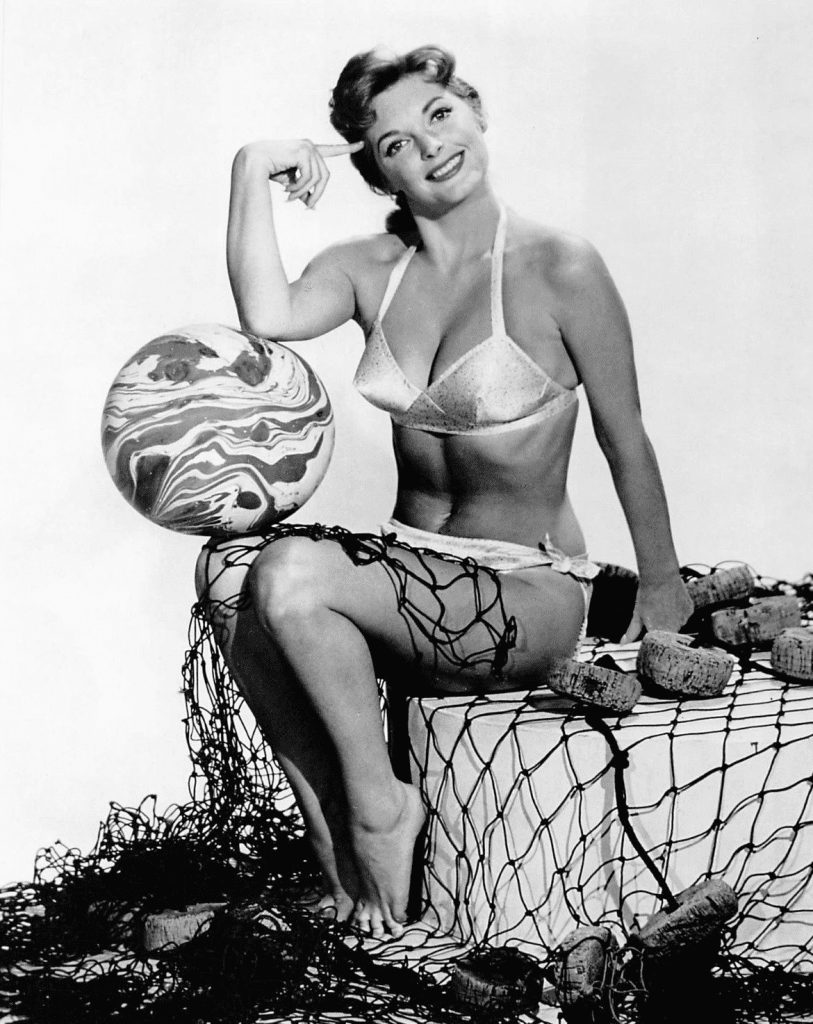
But life had twists waiting. When her family relocated to Los Angeles during her teen years, Julie found herself working retail jobs to help support the household. One of those jobs—operating an elevator in a department store—changed everything. A talent agent stepped in one day, spotted her striking looks, and asked the question that would redirect her future: “Have you ever thought about acting?”
That moment launched Julie London into Hollywood’s orbit before she even realized she was ready for it.
Video : Julie London – What Can I Say?
Hollywood blossoms: early film days and an understated screen presence
Julie London began her screen career in the mid-1940s, landing a series of small roles in films like Nabonga and A Night in Paradise. She wasn’t the typical glamorous starlet—her appeal was quieter. She carried a kind of stillness that drew you in, the way a quiet room makes you lean forward to listen.
As the studio system churned along, Julie worked steadily, gradually picking up larger roles. Films like The Red House (1947) and The Great Man (1956) showcased her subtle acting style—measured, thoughtful, always grounded. But even with a growing list of credits, her career felt like it was hovering in warm-up mode.
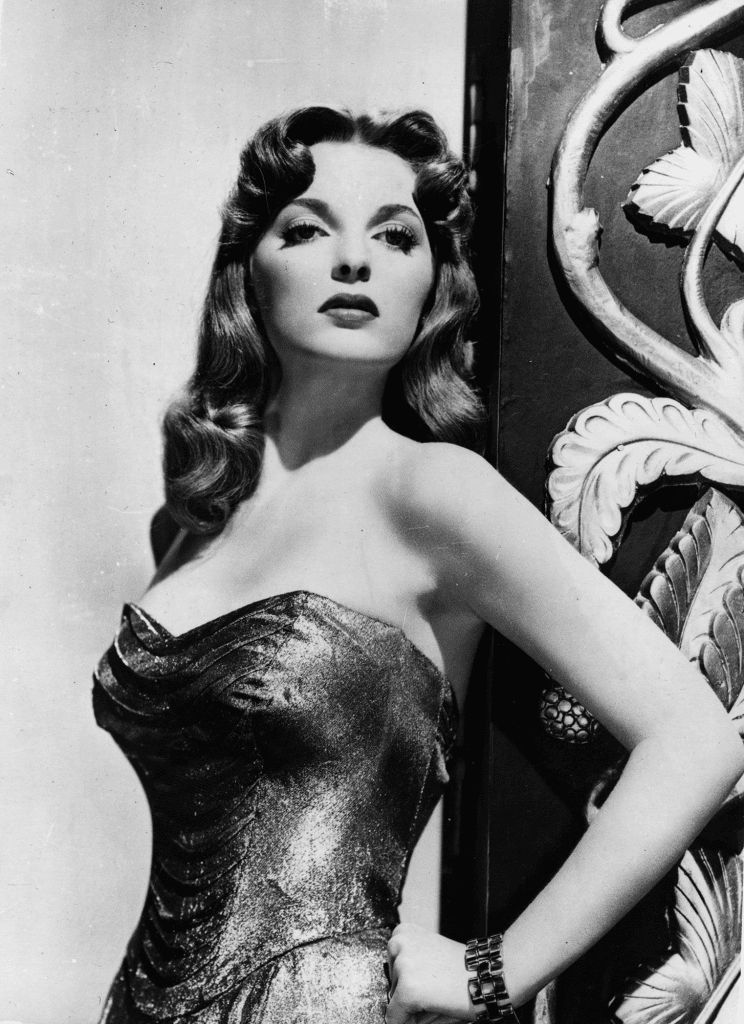
She didn’t know it yet, but her real breakthrough wasn’t about her face—it was about her voice.
Cry Me a River: the whisper that launched a musical legend
One night in the mid-1950s, Julie London performed casually at a small Los Angeles club. Her voice—breathy, husky, and stripped of showy ornamentation—caught the attention of musician Bobby Troup. He knew immediately what the rest of the world would soon discover: that voice was pure gold.
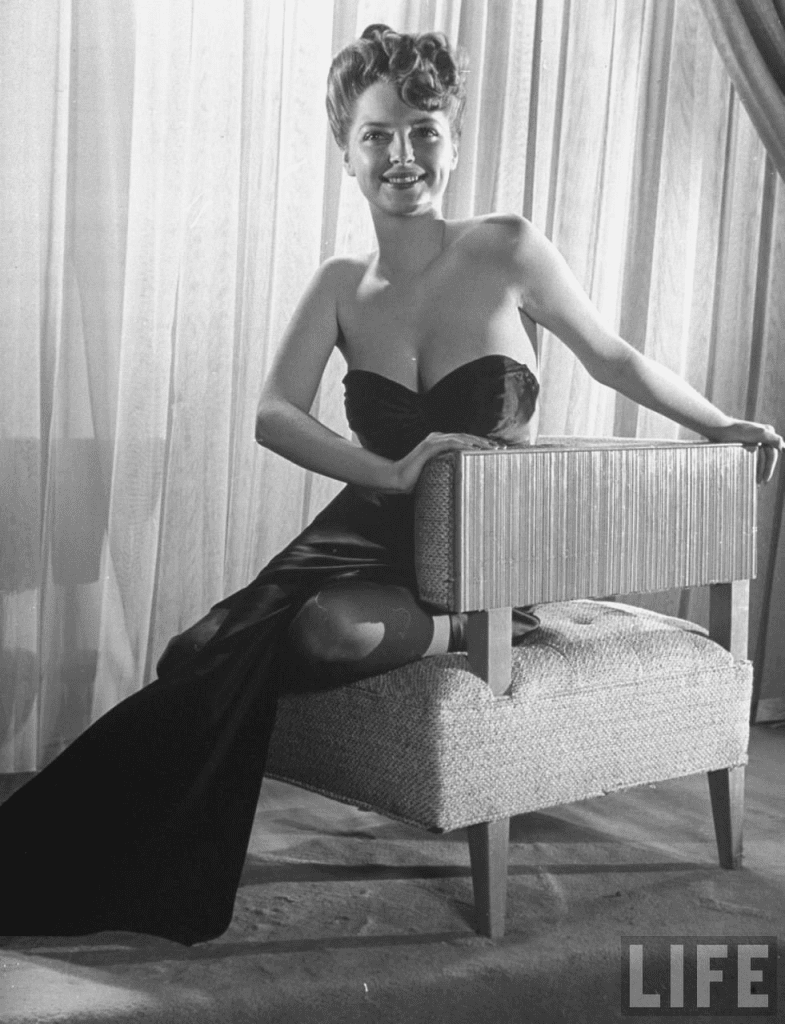
Julie’s first album, Julie Is Her Name, released in 1955, landed like a thunderbolt. “Cry Me a River” became her signature, a song so soaked in heartbreak it sounded like a confession whispered in a dark corner of a jazz bar. Critics called her voice “a thimbleful,” but they meant it as a compliment—because that thimble was potent enough to stop people in their tracks.
The album sold millions. Overnight, Julie London became one of the era’s most distinctive vocalists. Smooth. Intimate. Effortlessly emotional. She didn’t overpower melodies—she merged with them. She recorded over 30 albums, exploring jazz, pop, and blues with a timeless cool that still resonates with listeners today.
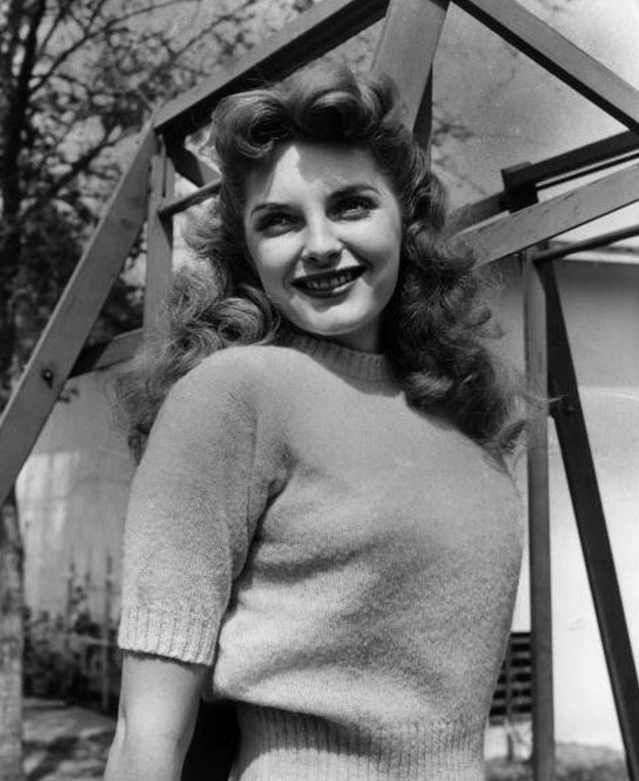
Ever hear a singer who makes you feel like they’re talking only to you? That was Julie London’s superpower.
Emergency! and the comeback that introduced Julie London to a new generation
After dominating the music world for nearly two decades, Julie London surprised audiences again when she returned to television in the 1970s. Cast as Nurse Dixie McCall on the NBC drama Emergency!, she brought warmth, strength, and quiet confidence to the role.
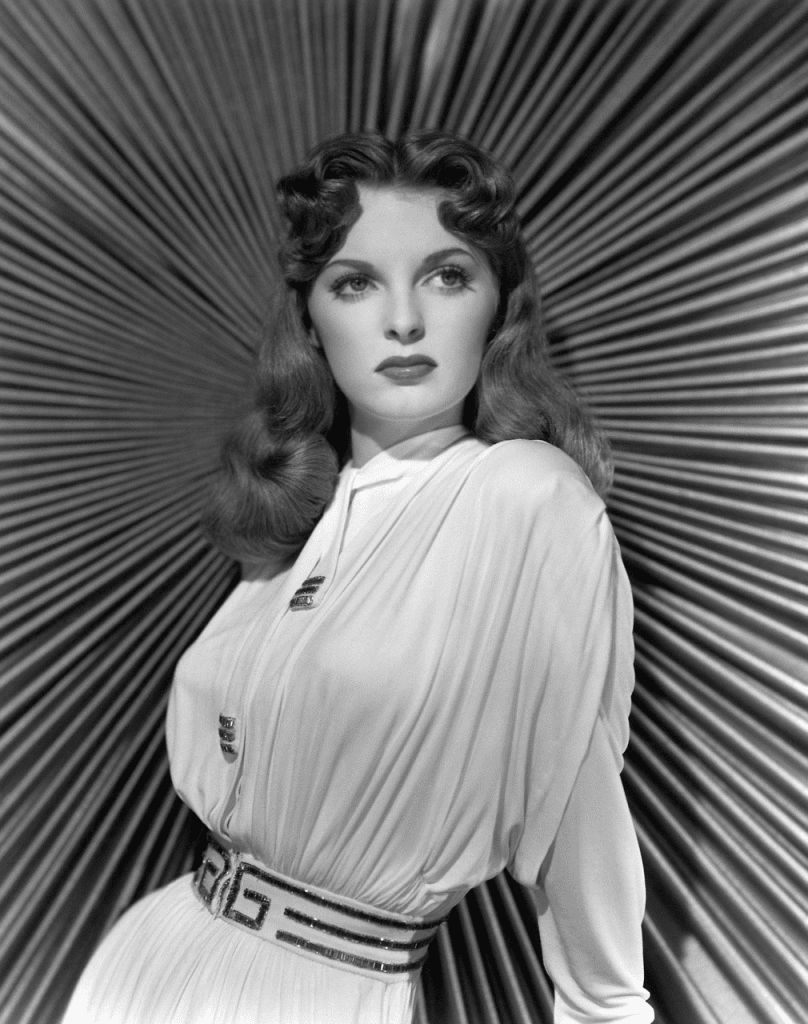
And here’s a detail fans still love: her co-star, Dr. Joe Early, was played by Bobby Troup—her real-life husband and the man who helped ignite her music career years before.
For seven seasons, Julie London’s performance anchored the show, earning loyal viewers and a fresh wave of admiration. Younger audiences who had never heard “Cry Me a River” suddenly knew her as the steady, compassionate nurse who helped guide paramedics through crisis after crisis.
It was a surprising reinvention, but reinvention was something Julie London had mastered long before the term became trendy.
Video : JULIE LONDON The Best Torch Singer the World Has Ever Known
Behind the spotlight: love, family, resilience, and personal battles
Offstage, Julie London lived a life filled with triumphs, heartbreaks, and unwavering resilience.
Her first marriage, to actor and director Jack Webb, brought two daughters and a shared creative energy, but it eventually unraveled. Later, her marriage to Bobby Troup became the grounding partnership that helped her balance music, acting, and motherhood.
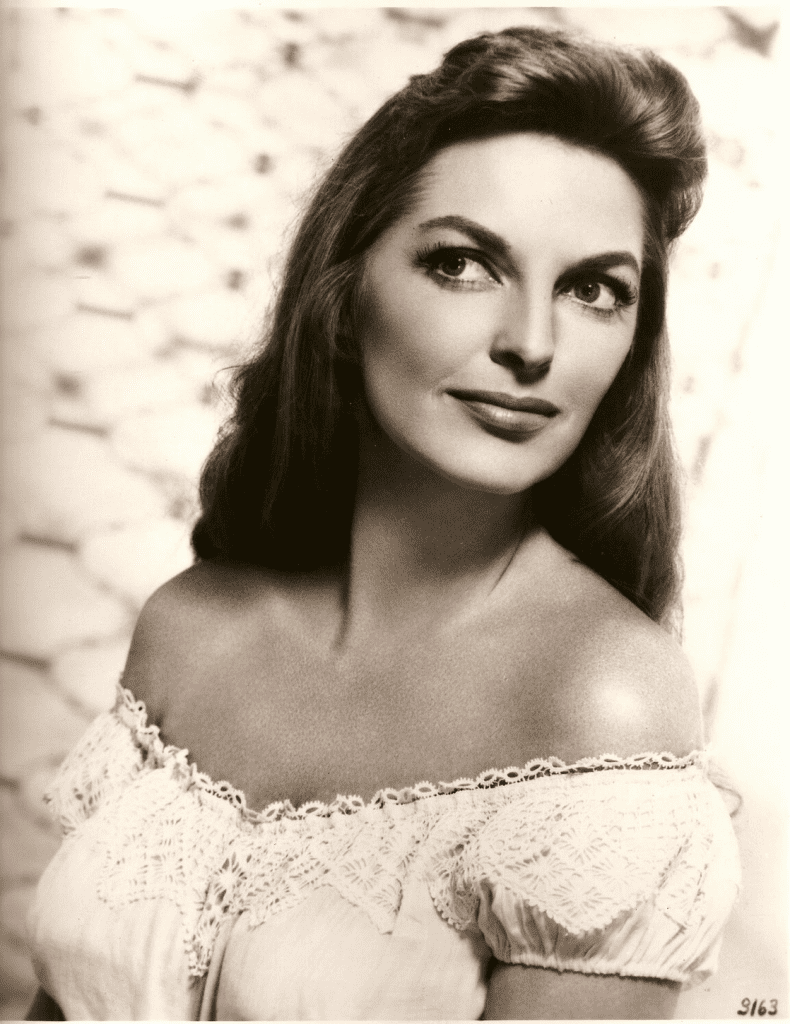
Julie London also faced serious health challenges later in life, including a stroke that gradually pulled her away from public view. Yet throughout her private battles, she remained a symbol of grace—someone who managed to navigate fame without losing her authenticity or her emotional honesty.
Her death in 2000 marked the end of an era, but her legacy has only grown stronger.
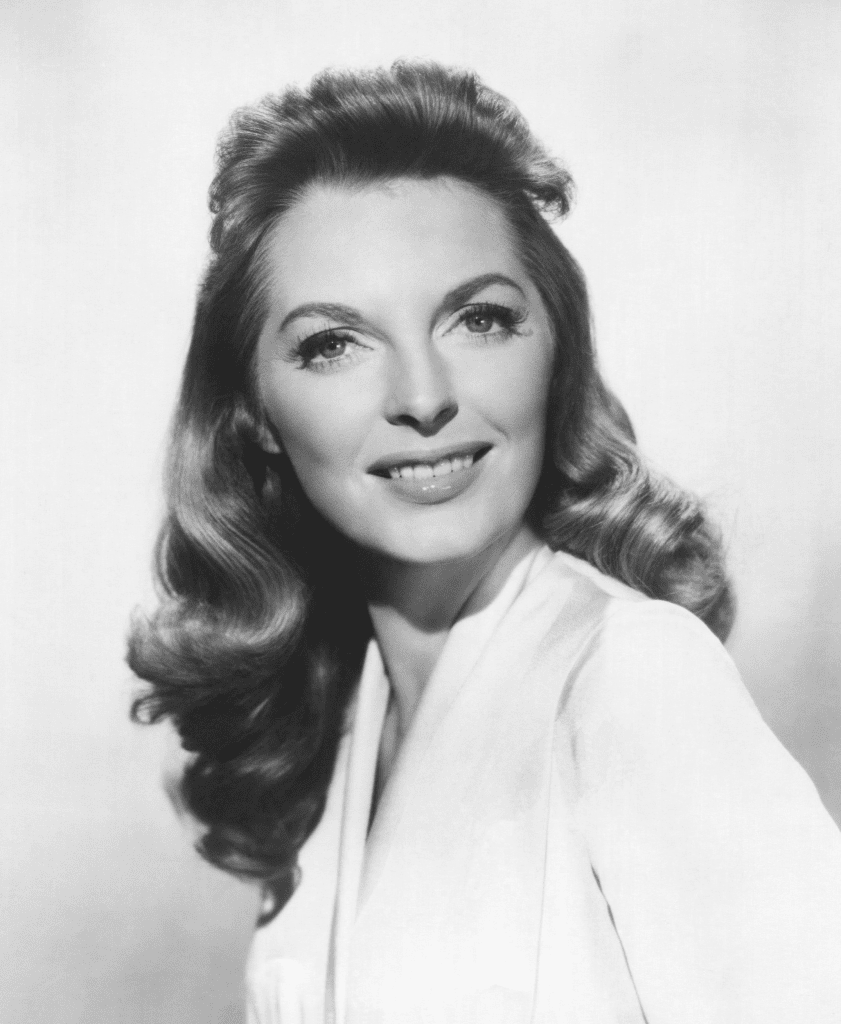
Julie London today: influence, rediscovery, and a legacy built on emotion
Even in 2025, Julie London’s voice hasn’t lost its magic. You can hear her influence in the breathy vocal stylings of modern artists, the resurgence of vinyl culture, and the countless playlists labeled “Late Night Jazz,” “Lounge Classics,” or simply “Mood.”
Her songs are featured in films, commercials, and cozy coffee shop playlists. New generations discover her on streaming platforms, mesmerized by that slow-burn intimacy she perfected long before microphones became sensitive enough to record whispers.
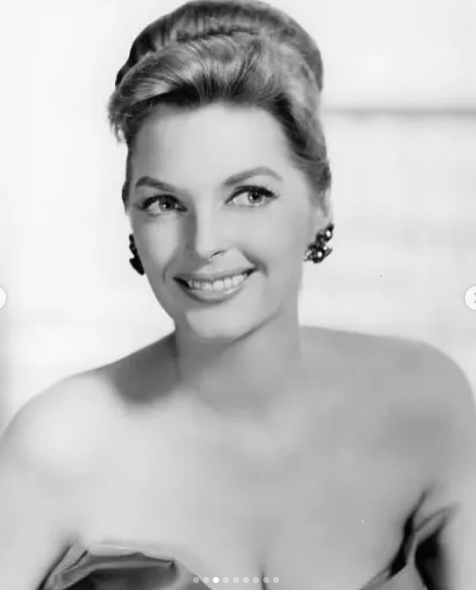
And every September 26, tributes pour in—proof that her artistry didn’t fade; it aged beautifully.
Julie London didn’t shout. She didn’t demand the spotlight. She didn’t rely on trends. She created a sound, a mood, a feeling—and people still crave that feeling today.
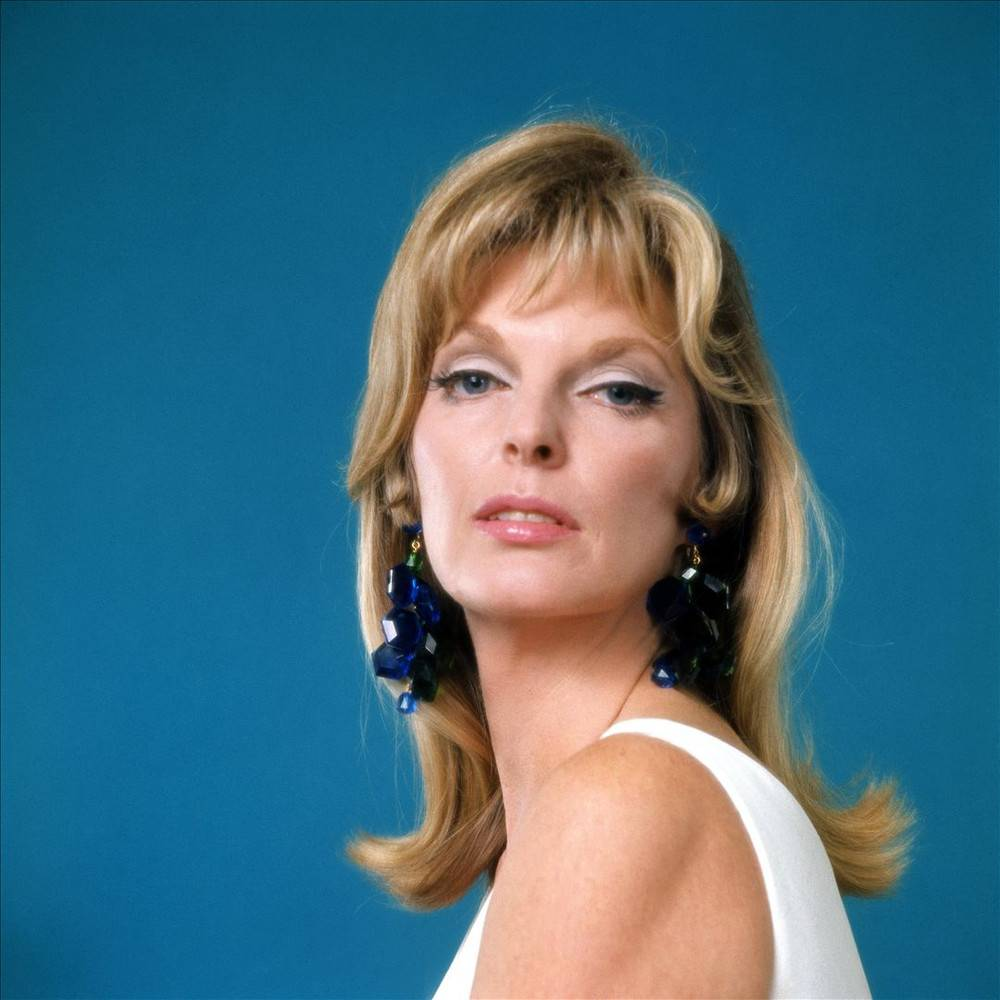
Conclusion
Julie London’s story is a reminder that the most powerful voices aren’t always the loudest. She took vulnerability and turned it into strength. She turned heartbreak into art. And she carved a place for herself in music and television by trusting that authenticity would outlast every trend.
She is Julie London—an icon of intimacy, elegance, and emotional truth. And decades later, her whisper still lingers in our ears like a timeless melody in the dark.